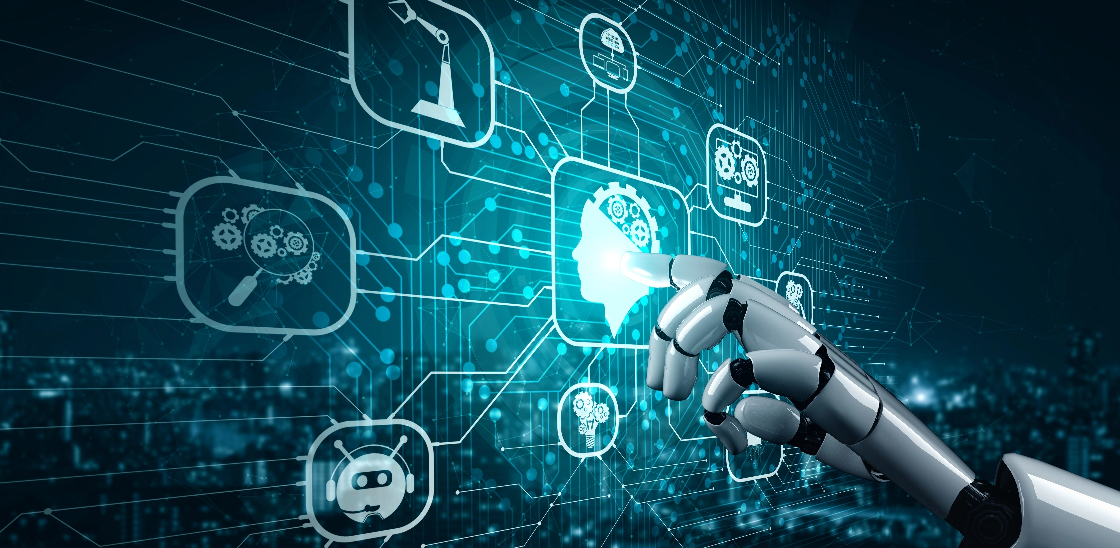AI Language Models Stumble in Copyright Test
A new study by AI startup Patronus AI raises concerns about copyright infringement by large language models (LLMs). The research focused on how frequently these powerful AI systems could generate content replicating copyrighted material. Patronus evaluated four prominent LLMs: OpenAI's GPT-4, Anthropic's Claude 2.1, Meta's Llama 2, and Mistral's Mixtral.
The test involved prompting the models with questions related to popular copyrighted books. These prompts fell into two categories: some requested the first passage of a specific book, while others asked the models to complete excerpts or continue the narrative.
The results revealed a significant disparity between the LLMs in terms of copyright adherence. OpenAI's GPT-4 emerged as the model most susceptible to infringement. When prompted to complete existing passages from books like "The Perks of Being a Wallflower" or "The Fault in Our Stars," GPT-4 generated text directly replicating the copyrighted material a staggering 60% of the time. Additionally, the model produced the first passage verbatim in roughly one in four prompts requesting specific book beginnings.
On the other hand, Anthropic's Claude 2.1 demonstrated a considerably lower propensity for copyright infringement. In the same test scenarios, Claude 2.1 only produced copyrighted content in an average of 8% of the prompts. Meta's Llama 2 and Mistral's Mixtral also performed better than GPT-4, averaging 10% and 22% copyrighted content generation respectively.
These findings highlight the potential copyright challenges posed by advanced LLMs. With their ability to mimic existing writing styles and generate content based on vast datasets of text and code, these models risk inadvertently reproducing copyrighted material. This raises concerns for various creative industries, particularly those that rely heavily on text-based content.
The research by Patronus AI underscores the need for further development in LLM training methods to instill a stronger respect for copyright. Techniques like incorporating copyright awareness into training data or implementing safeguards that flag potentially infringing outputs could be crucial steps forward.
Additionally, the LLM developers themselves hold significant responsibility. OpenAI, for instance, will need to address the shortcomings identified in GPT-4 to ensure its responsible use.
The issue of copyright and LLMs is a complex one, and ongoing research is essential to establish clear guidelines and safeguards. As LLM technology continues to evolve, finding a balance between innovation and copyright protection will be paramount.


Join the conversation